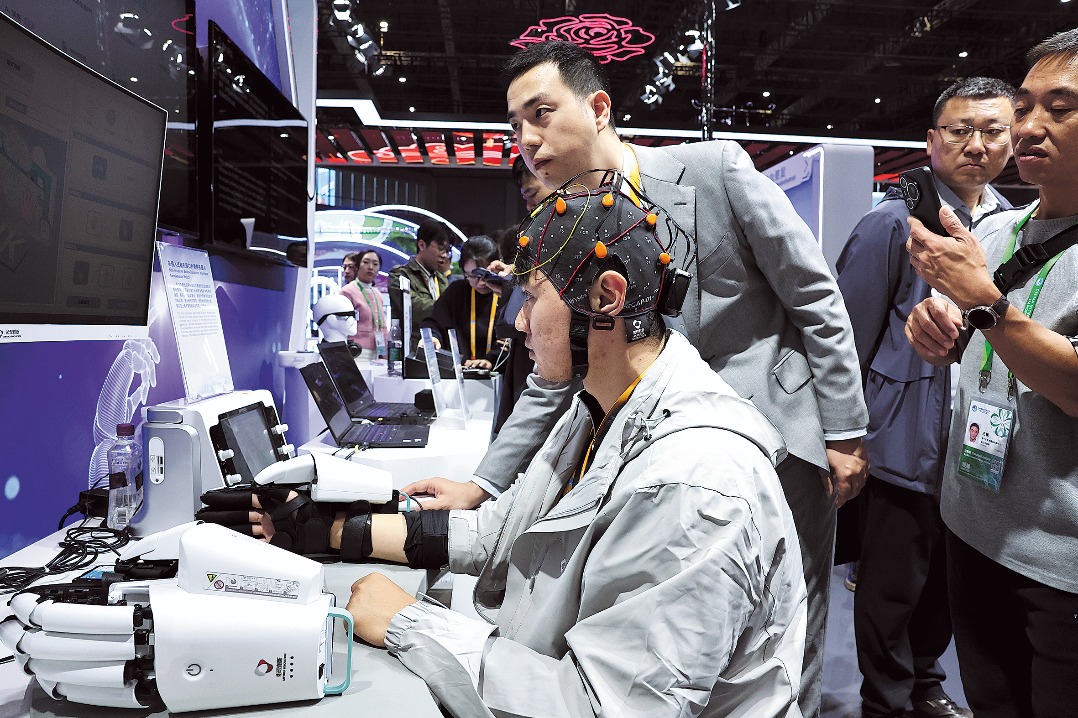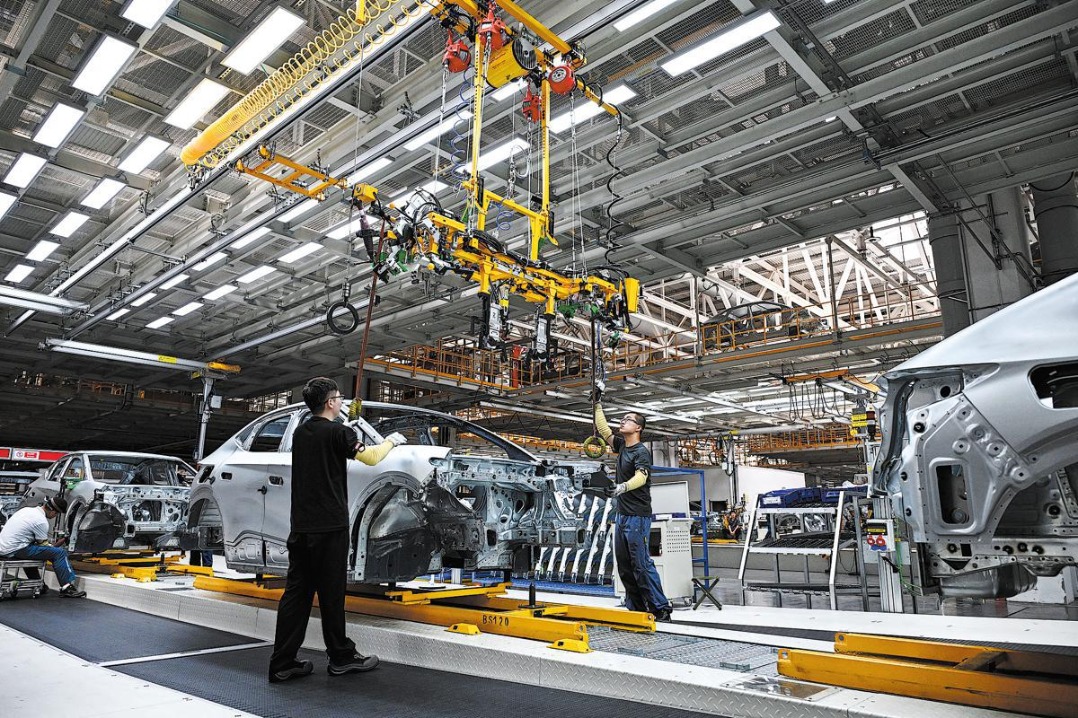Tianjin's change of policy highlights growing demand for skilled workers


Last week, Tianjin lowered its hukou (household registration) threshold for newcomers. In the past weekend, more than 300,000 people became new citizens of the second largest city in North China. Beijing News comments:
It was beyond expectations that Tianjin, one of the four provincial-level municipalities directly under the central government's administration that had strict hukou requirements, should suddenly reduce them to two, namely applicants should be under the age of 40 and have a bachelor's degree at least.
The two requirements mean Tianjin has de facto opened its door to the more than 7 million college graduates each year, regardless of whether they can secure a job in the city, which used to be the decisive factor in applying for the city's hukou.
Tianjin's move is a response to talent competition from some second-tier cities, such as Hangzhou, Wuhan, Xi'an, Nanjing, Chengdu and Hefei, which have issued a series of favorable hukou and housing policies to attract young people.
The development of the service sector and the concentration of advanced manufacturing industries in cities have generated strong demand for educated and skilled workers.
Tianjin's new hukou policy indicates the city is confident that the newcomers can find jobs. This, to some extent, is a testimony to the progress China has made in transforming its economic structure and upgrading its industries. Skills, knowledge and work experience have become more important than simply cheap labor.
Although China has a large pool of human resources, there is a shortage of skilled workers.
In terms of skills training, the proportion of the labor force with professional and technical qualification certificates is only about 13 percent, while the market demand for high-quality workers continues to grow.
The market's strong demand for quality laborers will prompt the vocational schools and colleges to adjust their training and education programs to meet the changing needs of employers and industries. The constructive interaction between schools and employers will make the supply side of the talents more responsive and sustainable, which is crucial for the country's economic development and urbanization.

































